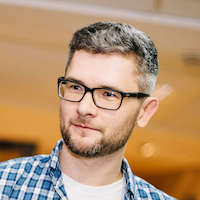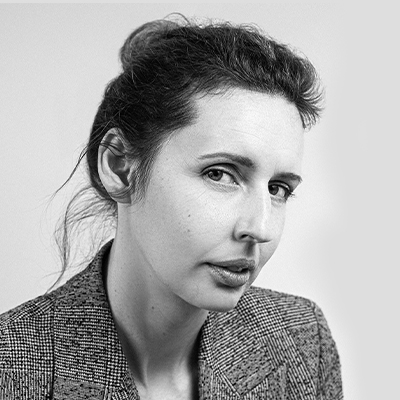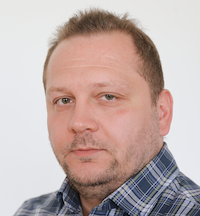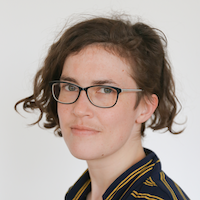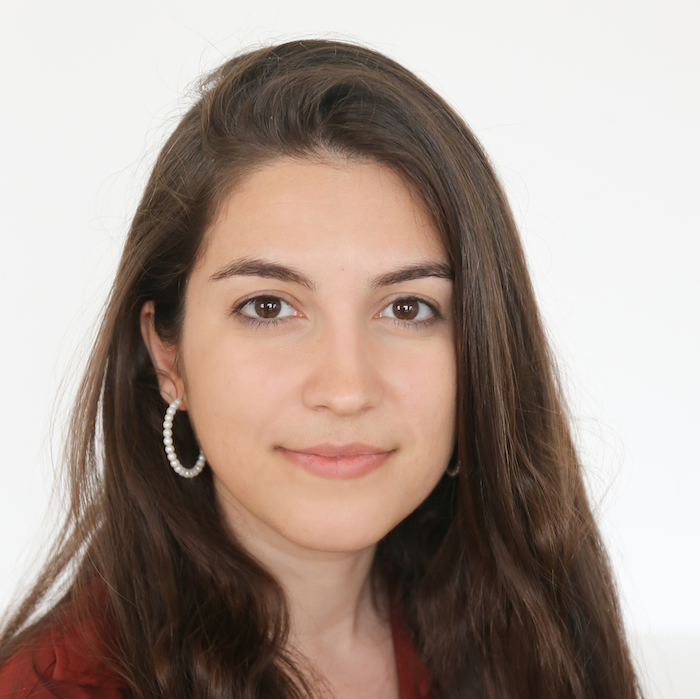Hi from Kyiv,
It was clear even before it started: 2024 wouldn’t be an easy ride. With all the challenges, elections and multiple wars, we can only buckle up and hope this train will not crash by the year’s end. And if adults have an unusually stronger feeling of lack of control, imagine how bad it is for one of the most vulnerable groups in society – teenagers.
They may not have many means to take charge of their lives, but they do follow the news. Even if they cannot always find the right words, they often sense the world is in trouble and their lives will be tough. They notice that while we are fighting for the interests of different humans, we don’t pay enough attention to the crucial interest of humanity, especially as the planet keeps getting warmer.
In this issue we talk about teens in Europe ― and how they are trying to manage the safety, ecological, political and mental challenges that we have bequeathed them.
Anton Semyzhenko, this week’s Editor-in-Chief
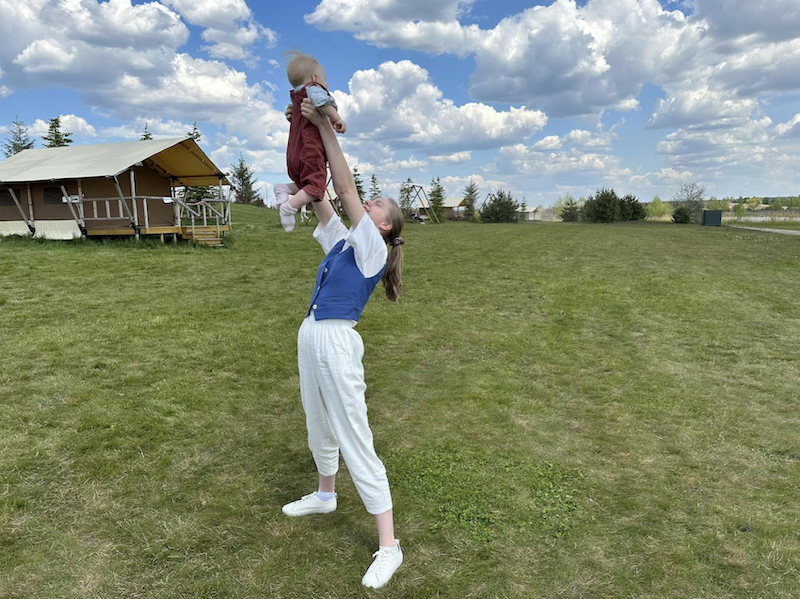
A few days before Russia’s full-scale invasion of Ukraine, my daughter Maria turned 13. We celebrated in a restaurant in the centre of Lviv. Everything was typical ― cake, balloons, gifts ― except that we, the parents, knew the war would start in a few days, and Maria didn’t. We thought that a child could be protected from war by simply isolating her from news about the threat, and then from shelling. In a few weeks, she and I left for France, to visit our close French friends.
In two months, Maria returned to Kyiv ― to a city that had been under siege and suffered from constant shelling. It was her conscious decision. In France, it became clear to both of us that geographical borders didn’t really save us from war ― only physically. In our heads, we lived through every shelling and murder. But from a distance we felt guilty for not being in Ukraine, close to our people.
An invaded country is a bad place for any person to live, and outright terrible for a teenager trying to find their way in the world. When everything seems to be against you, war destroys the last strongholds. But Maria leans on a few that cannot be ruined by rockets.
Firstly, she believes in victory. These are not just words: she has decided to be a doctor and to enrol in medical college to treat, protect and save people after Ukraine wins. Studying takes up almost all her time.
Secondly, she stays close to her loved ones ― who cannot and don’t want to leave Ukraine. The war breaks up families every day, and keeping hers together is more valuable than a peaceful life in a neighbouring country.
Finally, Maria simply lives at home. If you ask her about the happiest days of her life, she will say without hesitation: her sister’s birth a year and a half ago and the day she returned from peaceful France.
To understand her, you just have to once feel (and almost believe) that the place you grew up in has disappeared forever, and then walk back inside your bedroom.
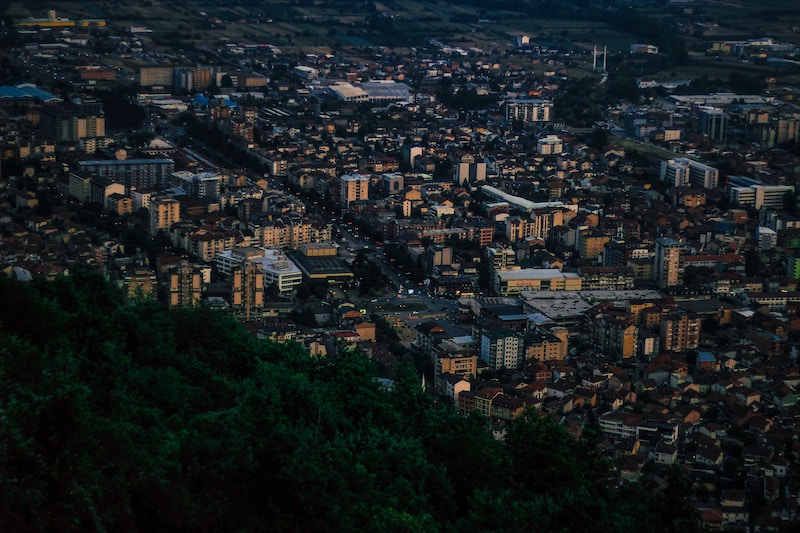
“I was ten years old when the war broke out. At first, I mistook the gunshots for firecrackers. But soon there was no doubt, as our home was literally in the middle of the frontline.
I will always remember the dread when the first shell hit nearby. How our house shook, and the windows smashed. I will never forget the beast-like cry of the wounded soldier, who was dragged down our street by his comrades.
I kept imagining being torn to pieces by an explosion. The thought that this could happen to my parents or my sister felt even worse. After a month, when we were evacuated, I was not the same girl. I developed a stutter and experienced episodes of extreme anxiety.
Now I’m 34. I still have to cope with moments of anxiety. During the countdown to New Year, when I hear fireworks, I freeze. They sound like explosions. I don’t like thunder either.“
War came to little Emilija in March of 2001. She had no idea why her town of Tetovo in North Macedonia came under siege, nor what the armed insurgency was all about. Now she knows.
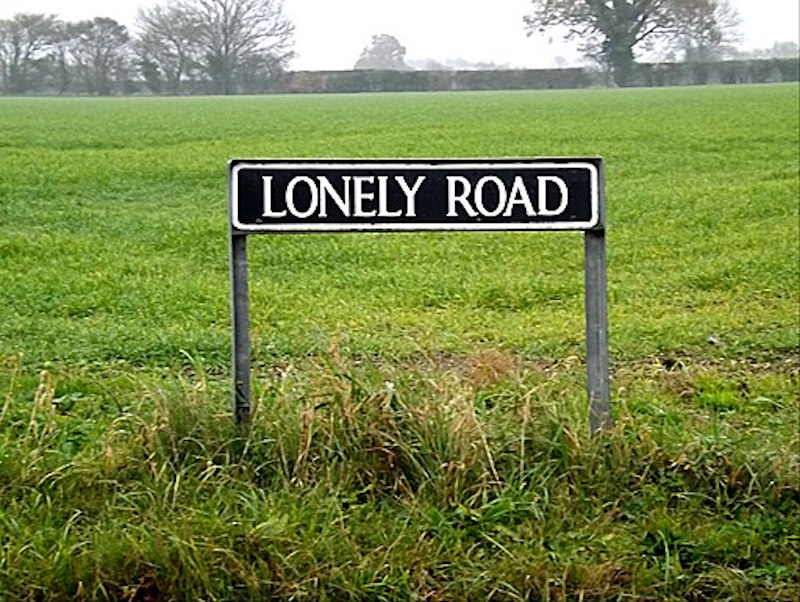
49.63% of British adults reported feeling lonely in 2022 occasionally, sometimes, often, or always and 3.83 million people reported experiencing chronic loneliness, according to the Campaign to End Loneliness.
Loneliness was declared by the World Health Organisation a global threat in November 2023. In the UK, loneliness in society has increased since the pandemic.
Former prime minister Theresa May’s government instituted the Ministry of Loneliness in 2018, implementing the recommendations of Jo Cox’s Commission on Loneliness (a cross-party commission established in 2016 by the Labour MP, who was murdered that year) and while the Ministry has produced research on loneliness and launched strategies to mitigate it, it is not comprehensive. There is a lack of understanding about how the policies of austerity and the cost of living crisis’ have impacted communities and individuals’ social cohesion, and mental health in general.
This is evident in the guidelines for the government’s recent campaign to tackle loneliness in universities. They are so vague that they fail to consider the costs of university for students, and inequality, as 55% of students are doing paid work to support their studies (compared to 45% in 2022).
Over the last 14 years, Tory governments have continued to implement austerity measures, impacting the most vulnerable in society and seeing the closure of community hubs, from playing fields to community centres and libraries.
The impact of loneliness in the UK cannot be separated from over a decade of cuts to social welfare and their impact on society, and this can also be applied to mental health.
“Mental health-washing” is not the answer here. As the country looks to a general election this autumn, it will be up to charities and grassroots groups to start conversations and advocate for future campaigns that consider the damaged texture of British society, beyond sanitised narratives, buzzwords and wishful thinking.
Last Wednesday, the mother of German journalist and doctor Gilda Sahebi read research by investigative outlet Correctiv, and was worried about her future.
Correctiv uncovered a meeting of top politicians of far-right party AfD, wealthy businessmen and fascist activists, including Martin Sellner from Austria’s Identitarian Movement. Sellner reportedly presented a so-called “masterplan” on how to deport millions of people from Germany should the AfD come to power: migrants, as well as German citizens.
Like Gilda Sahebi, many concerned people posted on social media their stories, and how they could be a target of AfD’s deportation plan. 2024 will be crucial: elections will be held in three German federal states. In all, AfD is leading the polls. In Thuringia, Björn Höcke, an extremist even within the AfD, may become Prime Minister.
Millions have a reason to worry.
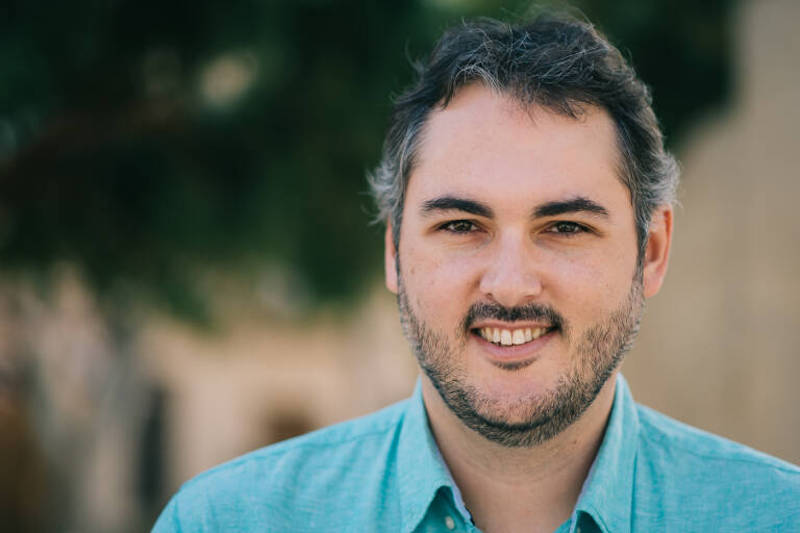
Some youngsters are worried about the state of the planet in 2100 ― and, according to the climate predictions, this won’t look good. Environmentalist Andreu Escrivá advises on how to cope with climate anxiety.
A striking 82% of the young in Spain has suffered some level of eco-anxiety, as noted in a report presented to the Parliament. How much are the young affected by this phenomenon?
There is very little data on this issue. There are several studies on the concern on climate issues, but most are not segregated by age or with a specific question about the psychological effect. But I would be very cautious: everybody agrees that the climate has to be protected, but the problem appears to be how to change our behaviour.
Nevertheless, experience shows that concern about the climate is growing, and the most worried groups are the youth and, curiously, the elderly. Perhaps intergenerational alliances can be forged.
How does this eco-anxiety in the young manifest itself?
In frustration, anger, fear. There are two types of this: anxiety and discomfort provoked by seeing the future we are heading towards, and anxiety because of the fact that climate change is an enormous problem which requires global and immediate action, but nothing is done. The latter is more common among the young. They feel this should be a global problem, but the pressure is put on individual behaviour, especially on the younger generation.
The story of climate change is going to be the story of their lives. But what worries me most is that it also generates apathy, and a feeling that “nothing can be done”.
So what are the options to help the young tackle this anxiety?
Just today, a girl writing her thesis wrote to me, genuinely worried about what to do. She wrote to the Spanish government, and other institutions. I don’t have perfect answers, but I recommend doing everything as a collective. To scrape off the individualism of climate blame. When your forces are exhausted, it’s not a failure, because you have like-minded colleagues who keep fighting. And vice versa.
Thanks for reading the 57th edition of European Focus!
In 2022, our small but dedicated team at online Ukrainian media Babel forged into one figure: living and working in a wartime country awakens qualities that allow you to support yourself and your partners.
But in the following year, this feeling left: there were too many challenges, and we were still different people with contrasting views. What helped was a five day retreat in the mountains with psychotherapists: we talked through our concerns, expressed our vulnerabilities, found more qualities that united us and persevered. In the future, we must be more willing to seek professional help when challenges need to be overcome.
See you next Wednesday!
Anton Semyzhenko

